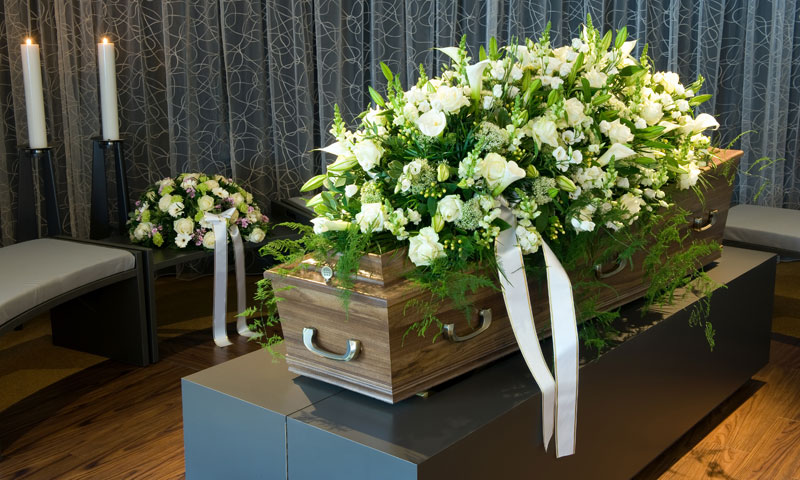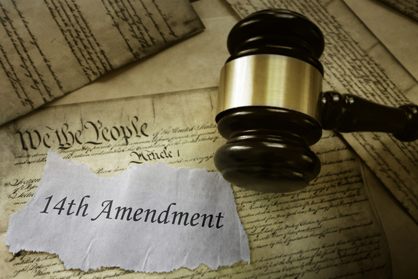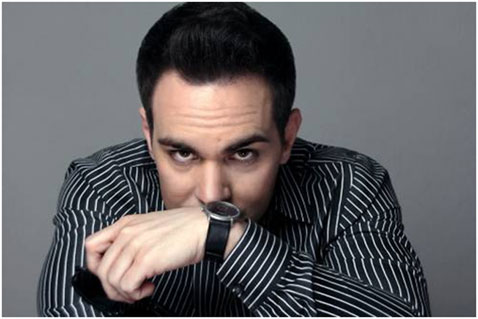
Commenting on this matter of great importance and long-standing controversy, the NYC bar association’s report observed, “polls indicated that public confidence in the Court was reaching historic lows, while the belief that justices are influenced by personal or political considerations was reaching historic highs.”
The report drew attention to the recent controversies over the hearings of the healthcare law. That Justice Elena Kagan, who helped begin the formulation of the case as solicitor general of the Justice Department, and Justice Clarence Thomas, whose wife has ties to organizations opposing the law, both refused to recuse themselves from the case without any explanation.
The report observed, “Justice Kagan herself, as well as Justice Thomas, made no public statement on the issue and simply proceeded to hear the case and cast their votes.” The report further observed, “There is rarely any transparency with respect to how Justices make recusal decisions, even though questions of unfaithfulness and bias, which have arisen since the Court’s inception, will only continue to be raised.”
The report also drew attention to the ABA’s Model Code of Judicial Conduct which asks judges to “disclose on the record information that the judge believes the parties or their lawyers might consider relevant to the question of disqualification, even if the judge believes there is no real basis for disqualification.”
The NYC bar association said “Opening the Court’s ‘black box’ in this limited respect will help the parties and the public to have confidence that the judicial oath to hear cases ‘faithfully and impartially’ is honored in practice by the highest court in the land.”
Black box, indeed.










































